
The Bio Report podcast, hosted by award-winning journalist Daniel Levine, focuses on the intersection of biotechnology with business, science, and policy.
The Bio Report podcast, hosted by award-winning journalist Daniel Levine, focuses on the intersection of biotechnology with business, science, and policy.
Episodes
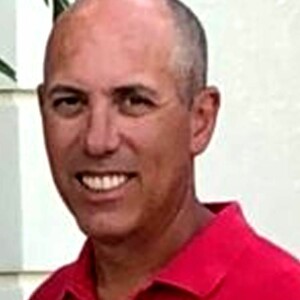
Thursday Jan 21, 2021
How the Pandemic Transformed a Small Diagnostics Company
Thursday Jan 21, 2021
Thursday Jan 21, 2021
For more than 15 years, Longhorn Vaccines & Diagnostics has been designing and developing products for potential pandemics in developing economies. The recent COVID-19 pandemic, though, put the scalability of the company’s technology to the test as it landed big contracts in the United States for COVID-19 testing. We spoke to Jeff Fischer, president of Longhorn, about the benefits of the company’s technology for gathering and transporting diagnostic samples, how it’s used partnerships to scales it business with speed, and why the pandemic has forever changed the company.

Thursday Jan 14, 2021
Eliminating Security, Privacy, and Regulatory Burdens with Synthetic Data
Thursday Jan 14, 2021
Thursday Jan 14, 2021
There are many reasons why the sharing of medical data that could be used to gain new insight into diseases can be hampered. Privacy concern, regulatory burdens, and the need to manage security risks are among the significant impediments. Syntegra believes it can solve these problems through its artificial intelligence technology that creates synthetic datasets designed to mirror the statistical properties of real datasets while removing all links to the original patients behind the data. We spoke to Michael Lesh, co-founder and CEO of Syntegra, about the obstacles to data-sharing, how synthetic datasets are developed, and why they might accelerate the pace and lower the cost of research.
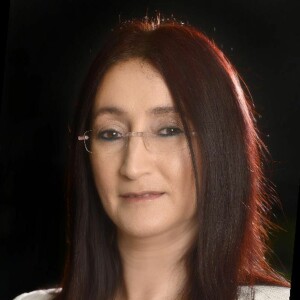
Thursday Jan 07, 2021
Using Computational Discovery to Build Better Immunotherapies
Thursday Jan 07, 2021
Thursday Jan 07, 2021
While checkpoint inhibitors represent a class of promising new therapies to treat cancer, the efficacy of these immunotherapies have been limited because of the ability of cancers to develop resistance. In part, that’s because of the multiple mechanisms cancers have to evade the immune system. Compugen is using a computational discovery platform to identify proteins and pathways that drive immune resistance mechanisms to checkpoint inhibitors. We spoke to Anat Cohen-Dayag, CEO of Compugen, about the company’s discovery platform, its efforts to develop new treatments that address patients who don’t respond to current checkpoint inhibitors, and its clinical pipeline in development.

Thursday Dec 31, 2020
The Year in Biotech and What’s Ahead in 2021
Thursday Dec 31, 2020
Thursday Dec 31, 2020
The raging pandemic defined 2020, but it was a big year for biotech as the industry saw soaring stocks, record investment, and an impressive number of new drug approvals despite disruptions from COVID-19. We continue our annual tradition of sitting down with Adam Feuerstein, senior writer for Stat and the publication’s national biotech columnist, to discuss the year that was in biotech, the trends that drove the numbers, and what’s ahead in 2021.

Thursday Dec 24, 2020
Bringing Precision Cancer Care to Dogs
Thursday Dec 24, 2020
Thursday Dec 24, 2020
The case for precision medicine to treat cancer has been clear. Understanding the molecular underpinnings of a patient’s cancer can allow doctors to use targeted therapies that can best address their particular tumor type. The people behind One Health believe it should be no different for dogs. The company, which bills itself as the world’s first canine cancer care organization, is seeking to bring precision cancer care to our four-legged friends. We spoke to Christina Lopes, founder and CEO of One Health, about the state of canine cancer care, the company’s FidoCure service and the market for state-of-the art medicine for dogs.
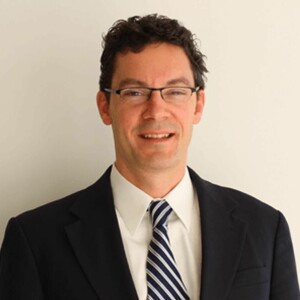
Thursday Dec 17, 2020
As COVID-19 Vaccines Ship, One Company Brings Innovation to the Vials
Thursday Dec 17, 2020
Thursday Dec 17, 2020
As potential vaccines for COVID-19 approached approval, the focus has been on the safety and efficacy of candidates. Now that vaccines have been approved, attention has been shifting to the complex logistical challenges of manufacturing, distributing, and delivering vaccines to patients. The process has opened up visibility into many aspects of the supply chain that are usual taken for granted. One of those aspects are the vials used to store that vaccines and the threat that a shortage of glass bottles could cripple distribution efforts. SiO2 Material Science, which won a $143 million U.S. government contract for vials and syringes, is applying semiconductor technology to create plastic containers with a nano coating of glass inside. We spoke to Christopher Weikart, head of scientific affairs and chief scientist for SiO2 Material Science, the considerations that go into a vaccine vial, the technology SiO2 is using, and why it offers advantages over traditional glass and plastic.
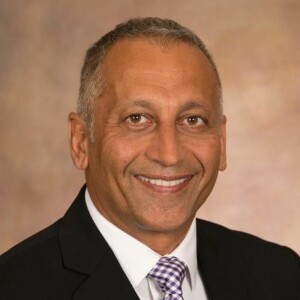
Thursday Dec 10, 2020
Advancing an Antibody to Prevent and Treat Cytokine Storms in COVID-19
Thursday Dec 10, 2020
Thursday Dec 10, 2020
There are many approved or experimental therapies in development for a range of indications that, because of their mechanisms of action, have been pursued as potential therapies to treat patients with COVID-19. One of the most advanced candidates in this category is lenzilumab, an experimental monoclonal antibody that’s in development for certain cancers and other conditions. The antibody has the potential to neutralize a cytokine known as GM-CSF, which can trigger a severe immune reaction and cause hyperinflammation as a result of a cytokine storm. It is this immune response that underlies the most serious cases of COVID-19 virus. We spoke to Cameron Durrant, chairman and CEO of Humanigen, about lenzilumab, how it was recognized as a potential treatment for COVID-19, and the path forward for the therapy.

Thursday Dec 03, 2020
Using AI Created Digital Twins to Accelerate Clinical Trials
Thursday Dec 03, 2020
Thursday Dec 03, 2020
One of the challenges of conducting clinical trials is finding enough patient to include in a control arm of a study. This can slow the pace of drug development and increase its costs. Unlearn.AI is seeking to change that by using its artificial intelligence platform to create digital twins of trial participants that can serve as control arms in studies. We spoke to Charles Fisher, founder and CEO of Unlearn, about the concept of digital twins, the potential to accelerate clinical trials with their use, and why the company is focusing on the area of complex neurologic diseases.
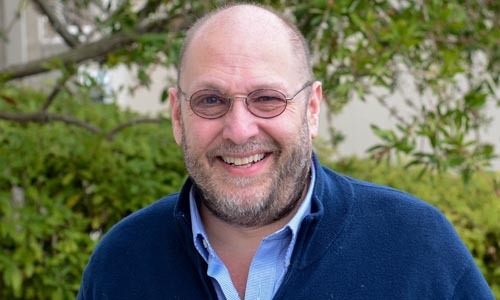
Daniel Levine
Daniel Levine is an award-winning business journalist who has reported on the life sciences, economic development, and business policy issues throughout his career. He is founder and principal of Levine Media Group, host of The Bio Report and RARECast podcasts, a senior fellow at the Center for Medicine in the Public Interest, and author of Global Genes’ annual NEXT report on emerging trends in the world of rare disease. From 2011 to 2014, he served as the lead editor and writer of Burrill & Company’s acclaimed annual book on the biotech industry. His work has appeared in numerous national publications including The New York Times, The Industry Standard, and TheStreet.com.
